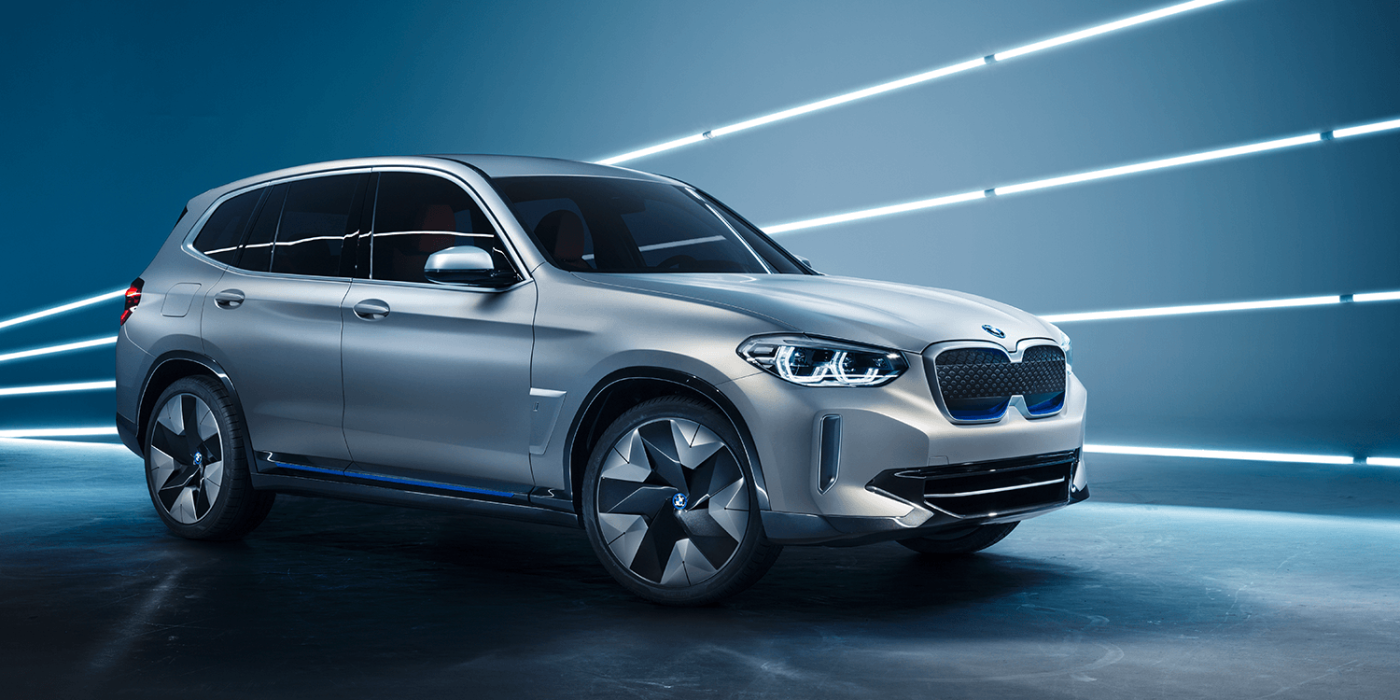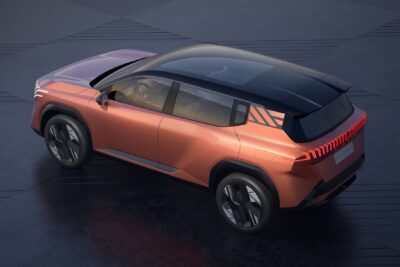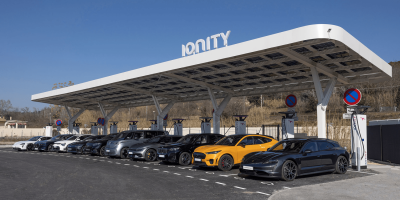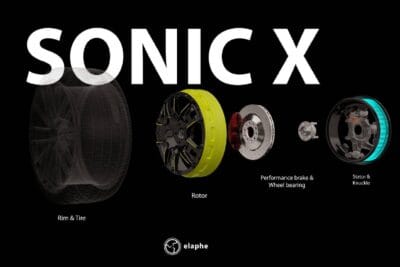BMW halts plans for the iX3 in the USA
According to a report, BMW has put on hold its plans to offer the all-electric iX3 in the USA from the first half of 2021. In a market where long-range and all-wheel-drives are preferred, the sales environment for the electric car looks difficult.
“At present we have no plans to bring the iX3 to the US market,” a spokesperson told Automotive News. BMW is said to have told US dealers about the decision at a meeting in Boca Raton at the end of January. The spokesperson did not give the reasons for the decision.
According to an anonymous BMW dealer who spoke to Automotive News, the German company is concerned that the electric car will not be able to compete with a smaller battery and lower range than its competitors. Not only that, but BMW is planning the iX3 with rear-wheel drive only, while US customers prefer four-wheel drive.
“To be competitive, you really want to have closer to at least 240 to 250 miles of EPA range,” Sam Abuelsamid, Principal Analyst at Navigant Research, told Automotive News. “Anything less than that and I think you’re going to be struggling in the marketplace.”
The BMW iX3 was built with the Chinese market in mind, where extended range is not so much of a requirement with radically higher population density and therefore shorter distances for regular trips. Although the USA is the second-largest market for electric cars after China, the regulatory pressure there is much less than in China or Europe. In Europe and China, car manufacturers are more or less obliged to sell electric cars. In the USA, BEV and other alternative drives can, but do not necessarily have to be offered – even though there may be interested customers. Recently plummeting oil prices in combination with the USA’s consistently low taxes on fossil fuels will not make things any easier in this regard.
Mercedes has postponed the US start of the EQC “by at least a year”, while Audi and Jaguar are already offering their electric SUVs. But both the I-Pace and the e-tron, with 90 and 95 kWh battery capacity respectively, have significantly larger power storage capacity than the BMW which sports a 74-kWh battery and a range of around 273 miles. Although both the I-Pace and the e-tron have four-wheel drives, they are not particularly efficient: The EPA range of the I-Pace is 234 miles, that of the Audi, despite the even larger battery, 204 miles. Both vehicles are selling slowly in the USA.
In addition, the U.S. competition is growing: Deliveries of the Tesla Model Y (with four-wheel drive) will begin this month, and the Ford Mustang Mach-E will be launched at the end of the year with an optionally available four-wheel drive. Recently Ford gave some insights into the pre-orders: In the USA three-quarters of all customers ordered the Mach-E with four-wheel drive, in the north-eastern states this was even 90 per cent. The larger battery (99 instead of 75 kWh) with an EPA range of over 300 miles is particularly popular in the southwest. In addition, at the recent EV Day for investors, General Motors announced a whole range of models based on the new e-platform, including a battery kit.
“Why push a vehicle with limited appeal into North America only to come up short next to a Tesla Model Y or Ford Mustang Mach-E?,” Sam Fiorani, vice president of AutoForecast Solutions, told Automotive News. “With better batteries and all-wheel drive, the next generation would make a proper entry into this very competitive segment,” he concluded.





0 Comments